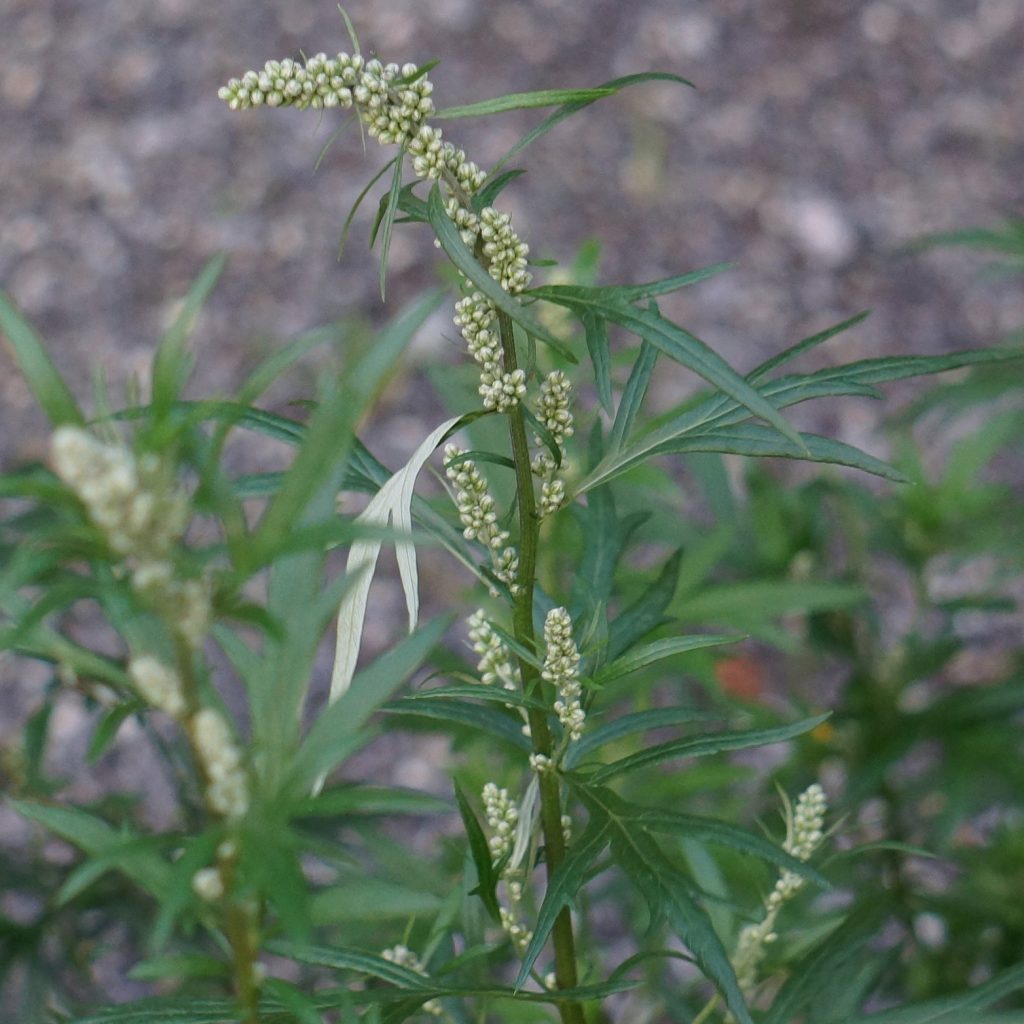Mugwort, also known as Artemisia vulgaris, is an ancient herb commonly found throughout the world. Its extensive uses and potential health benefits have made it a popular choice among herbalists and natural medicine practitioners. Moreover, it has long been used in traditional healing practices and rituals as a symbol of protection and purification. In this article, we’ll explore the charming and magical properties of mugwort, as well as its potential health benefits.
Celebrating the Charming Mugwort
Mugwort is a tall, perennial herb with a longstanding presence in traditional medicine. Its scientific name, Artemisia vulgaris, is derived from the Greek goddess Artemis and ‘vulgaris’ which means common. The leaves of the plant are typically dark green and glossy on the upper side, with a silvery hue on the underside. Mugwort also produces clusters of small yellow flowers after the fourth year of growth, typically between July and August.
Mugwort has a long history of use in traditional Chinese medicine and European folk medicine. In Europe, it was often used to aid sleep and to increase appetite. Additionally, some believe it can be used to promote lucid dreaming and astral projection, while some Native American tribes used it as a form of protection against evil spirits.
Uncovering the Properties of Artemisia Vulgaris
Mugwort contains a range of essential oils and compounds like thujone, cineole, camphor, and sesquiterpene lactones. These compounds are believed to be responsible for the plant’s medicinal properties. Additionally, mugwort has many nutritional components, including vitamins, minerals, and dietary fibre. It also contains a range of flavonoids and phenolic acids, which are compounds with antioxidant and anti-inflammatory properties.
Mugwort is traditionally used to treat a variety of medical conditions, including digestive complaints, neurological pain, and respiratory problems. It also has a range of other uses, such as skincare, fever reduction, and as an insect repellent.
Benefits of the Magical Mugwort Plant
Mugwort has been used for centuries as a medicinal herb, with many potential health benefits. It is believed to have antimicrobial, anti-inflammatory, and antioxidant properties. In traditional Chinese medicine, mugwort is used to improve digestion and reduce pain. It’s also used to treat infections and minor wounds.
Mugwort may also be beneficial for women’s health. It is believed to have uterine-stimulant properties and is used to treat menstrual cramps, irregular periods, and menopausal symptoms. Additionally, mugwort is commonly used to treat respiratory conditions like asthma, bronchitis, and sinusitis.
Mugwort is a fascinating herb with a long history of use in traditional medicine. It has a range of beneficial compounds, including essential oils and flavonoids, as well as a variety of potential health benefits. From aiding digestion to relieving pain and treating respiratory issues, mugwort is a magical herb that has been celebrated for centuries. With its potential health benefits and traditional uses in mind, it’s clear that mugwort is a valuable addition to any herbalist’s toolkit.
